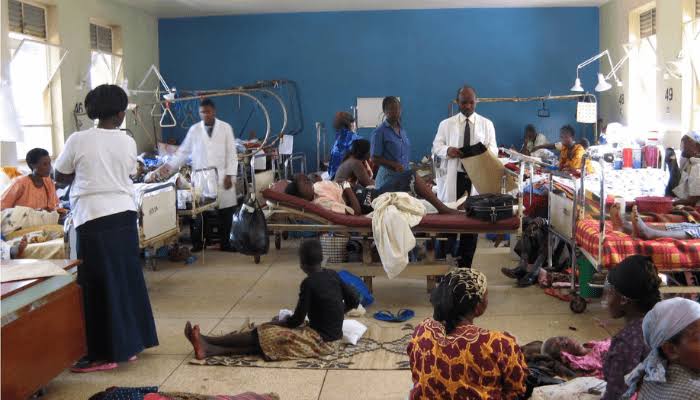Across Rivers, Akwa Ibom, and Cross River states, many Nigerians are raising concerns over the alarming frequency of medical misdiagnosis in hospitals and laboratories. The problem, they say, is compounded by wrongful drug prescriptions, inappropriate treatments, and the poor attitudes of health workers. Calls for stricter medical regulations and enforcement have grown louder as patients share their tragic and costly experiences.
Faith Onovo, a mother of five from Port Harcourt, recounts how her initial diagnosis of migraine at a reputable private hospital turned out to be a brain tumor, which by the time it was correctly identified, had reached an inoperable stage. “I had been given medication for months,” she says, “but my symptoms kept worsening until the true diagnosis came too late.”
Chinda Iwhnurohna, 48, tells a heartbreaking story of his wife, Mercy, whose severe stomach pain was misdiagnosed as an ulcer. After months of suffering and continuous medication, a delayed diagnosis revealed that she had appendicitis, which had ruptured, ultimately leading to her death during surgery.
Similarly, Monalisa Tamuno, a boutique owner in Port Harcourt, shared the financial devastation caused by the misdiagnosis of her late brother’s heart condition. The family spent all they had on treatments, only to discover after his death that he had pulmonary embolism, a blocked artery in the lungs caused by a blood clot. “We lost him, and now we are left mourning and struggling financially,” she says.
Medical professionals are equally concerned about the root causes of these misdiagnoses. Chinazor James, a consultant at the University of Port Harcourt Teaching Hospital, blames quackery and inadequate training as major contributors. “The proliferation of unregistered medical laboratories and unqualified personnel is alarming,” she explains, calling for better enforcement of medical standards. James also highlights weak governance and political will as barriers to improving healthcare quality.
Olugbenga Akinyemi, another medical doctor, stresses the importance of better regulations and oversight, noting that low-quality medical supplies often exacerbate diagnostic errors. “Even well-intentioned practitioners are limited by substandard equipment and reagents,” he says, urging the government to ensure regular inspections and the provision of modern medical tools.
Laboratory scientist George Horsfall points to systemic issues, including overburdened hospitals, inadequate tools, and poor infrastructure, as contributors to diagnostic errors. He advocates for the establishment of national accreditation standards for medical laboratories to ensure consistency and reliability in test results.
In Akwa Ibom, Bassey Effiong recounts how he was misdiagnosed with hypertension for three years, only to later be diagnosed with Parkinson’s disease. Effiong Akpan, a consultant nephrologist at the University of Uyo Teaching Hospital, calls wrong diagnosis “a crime against humanity,” emphasizing that human life is irreplaceable, and incorrect diagnoses cause unnecessary suffering.
Also Read: Boosting Healthcare: Rivers State Strengthens Commitment to Excellence and Expands Infrastructure
Aniekan Peter, chairman of the Nigerian Medical Association in Akwa Ibom, condemns the rise of individuals posing as medical practitioners without proper qualifications, warning that they are doing significant harm to patients. He also points to the issue of outdated equipment in hospitals, which contributes to false test results.
In Cross River, former patient Johnson Udeh highlights the poor attitude of health workers as a major challenge in the sector. Ukam Edadi, spokesman for the NMA in Cross River, attributes the issues to a lack of proper working conditions for healthcare workers. He also defends the role of consultants, explaining that while they may not always be available at the bedside, other medical staff are there to provide care.




